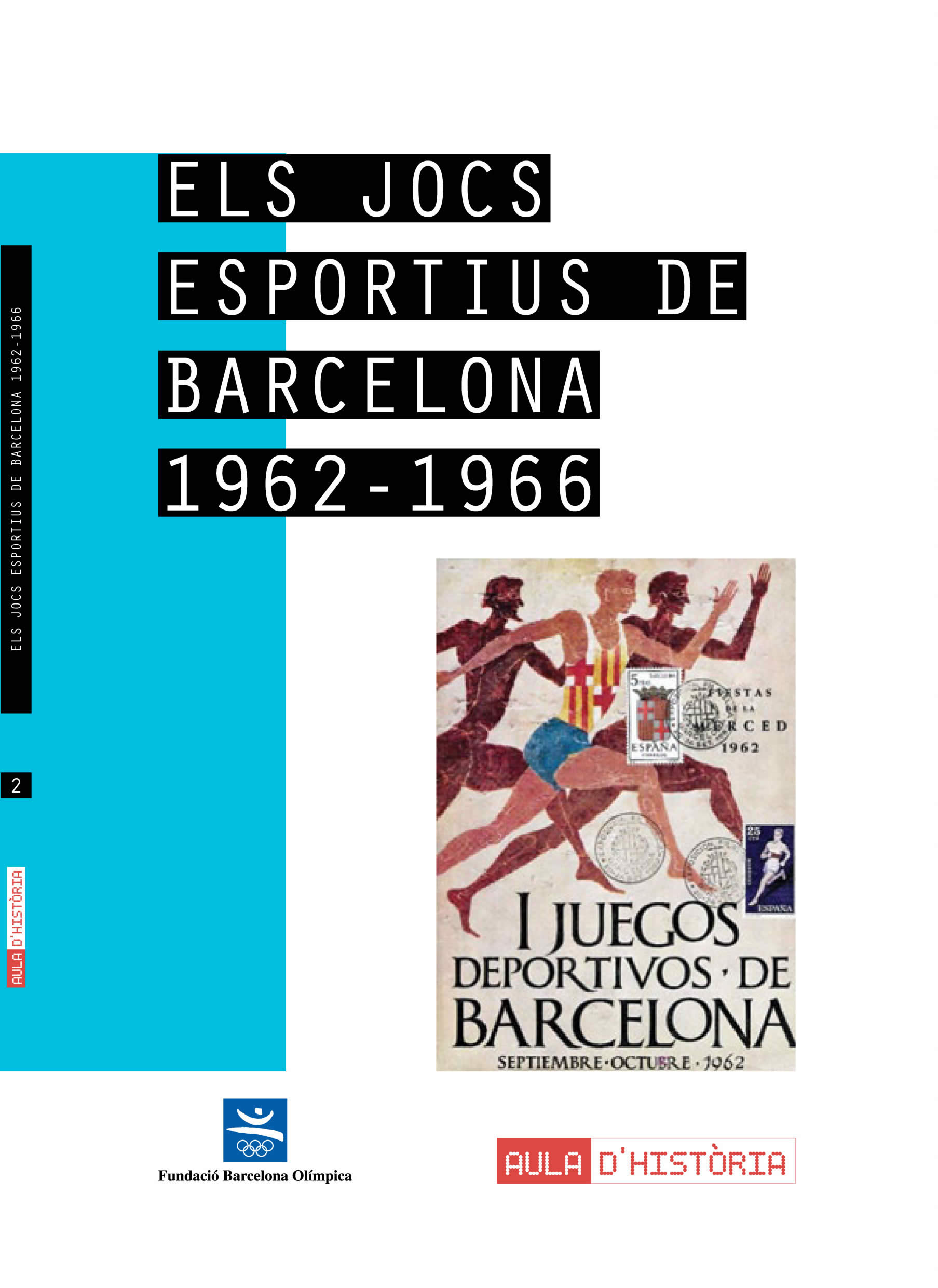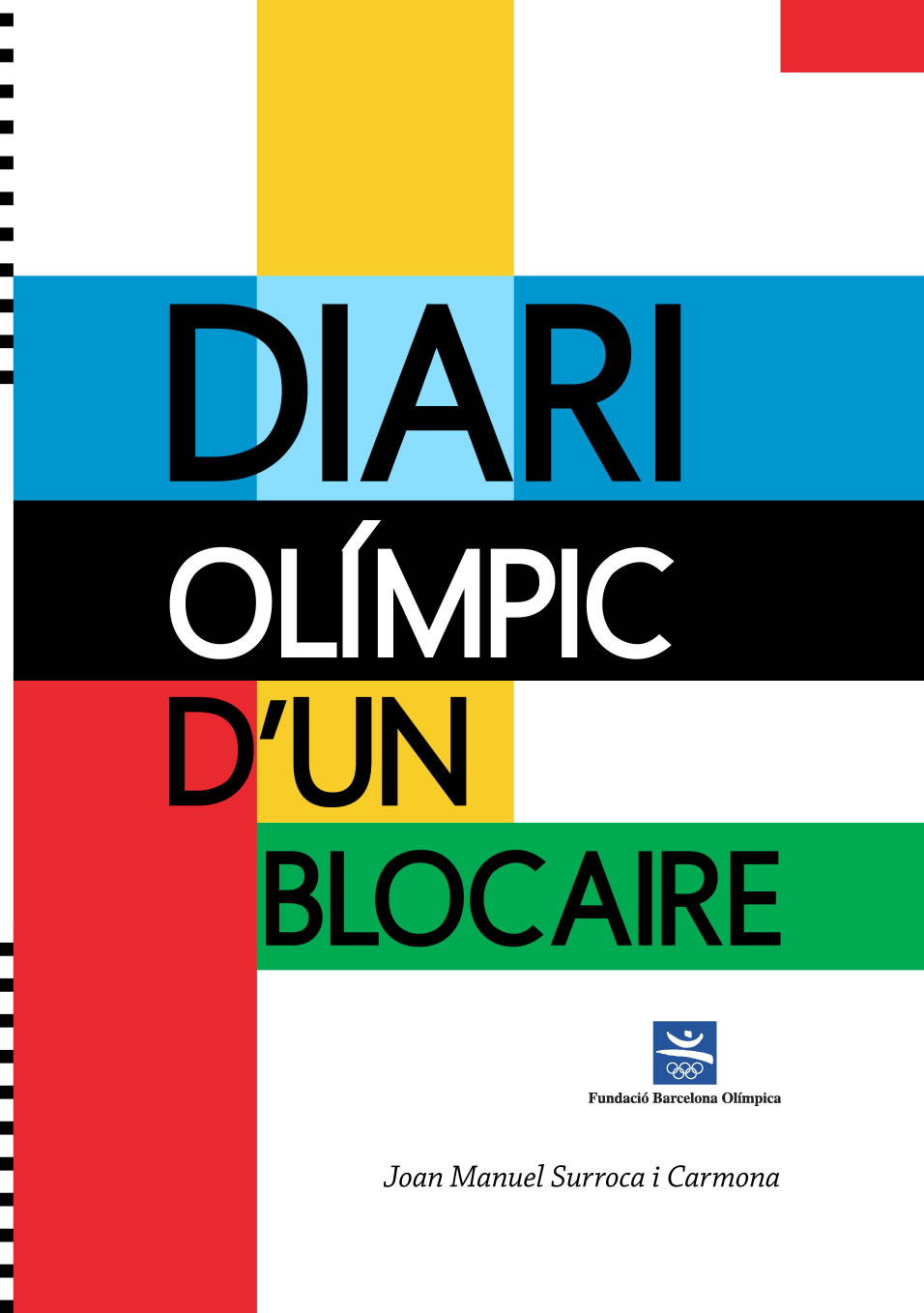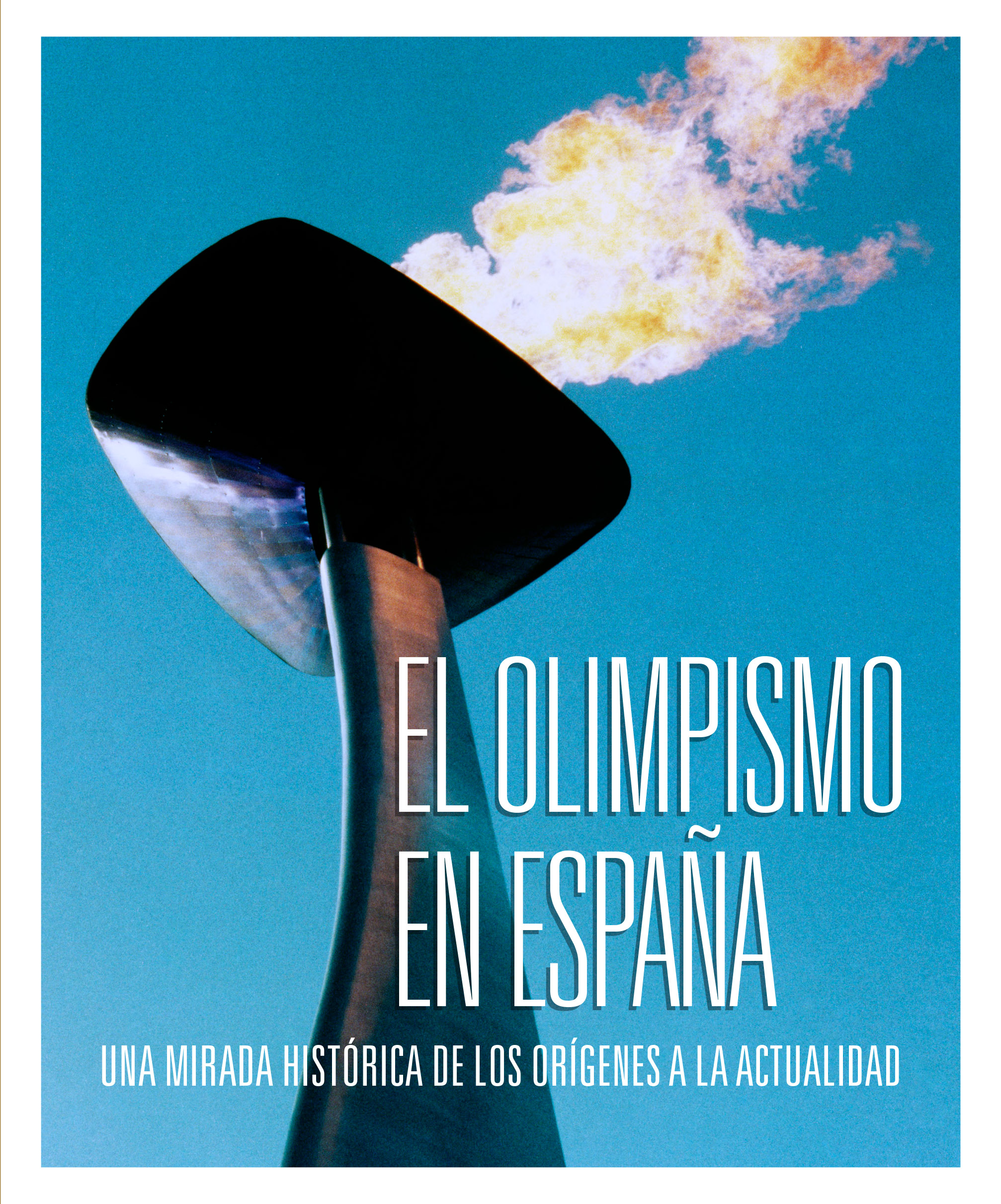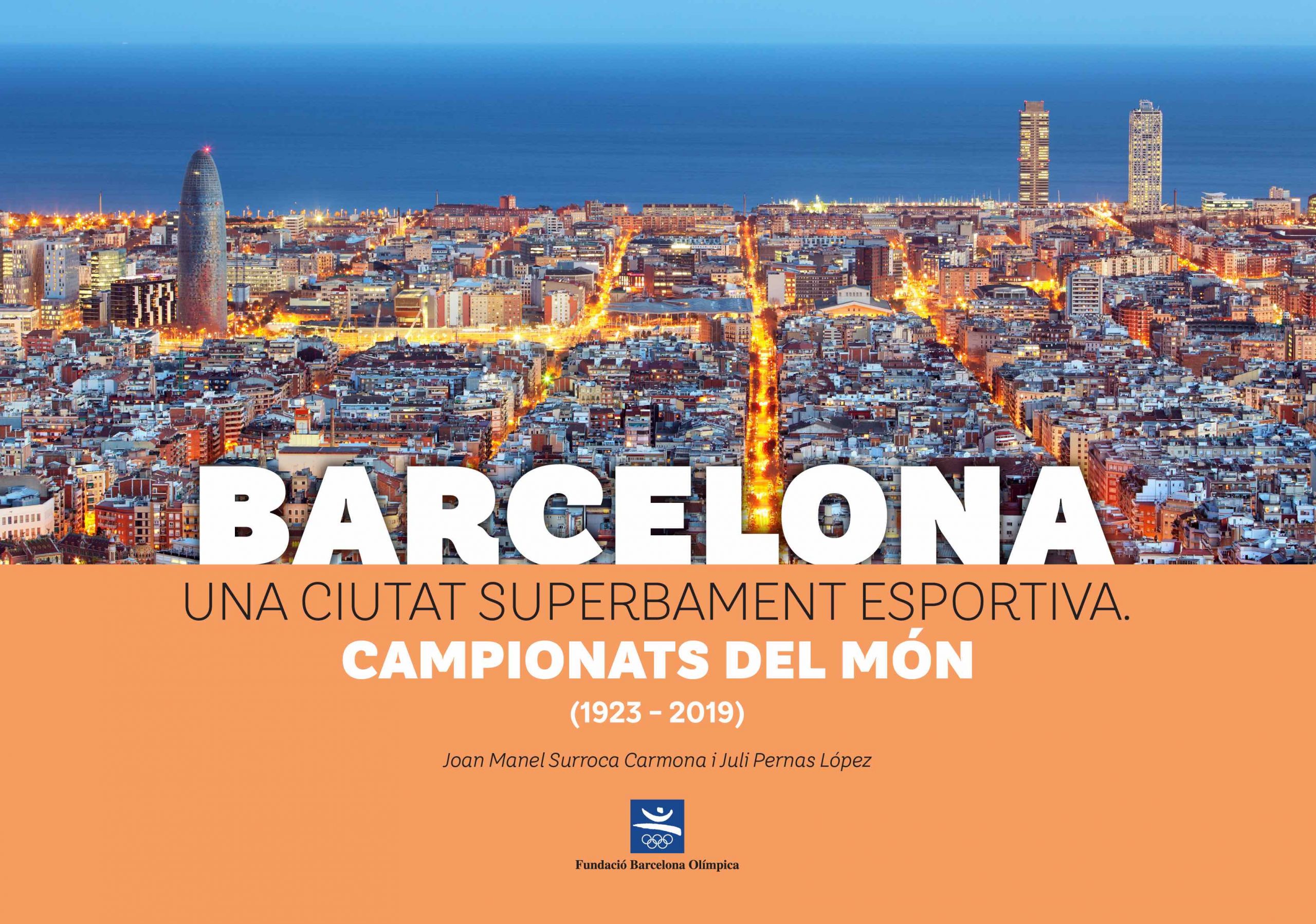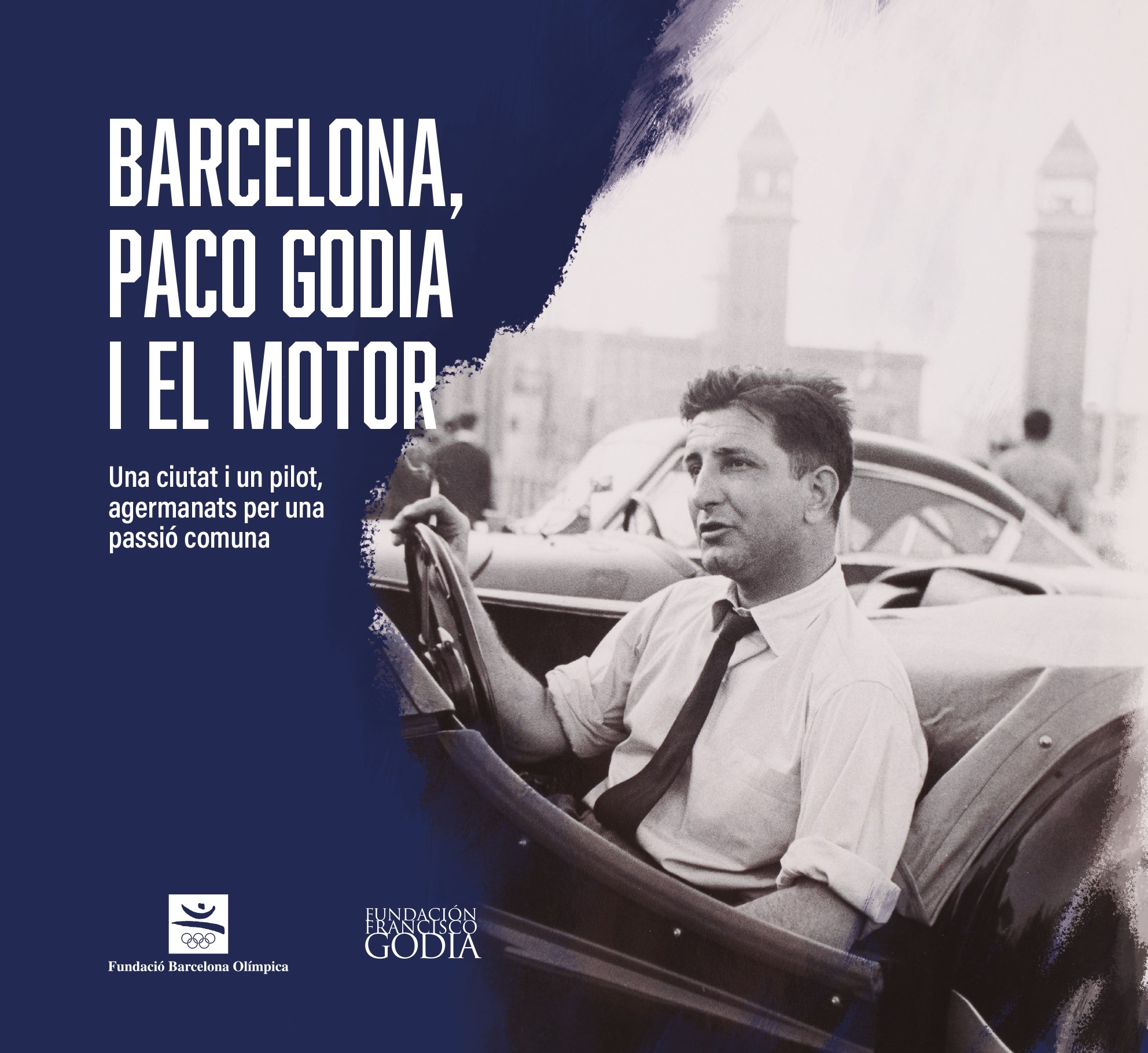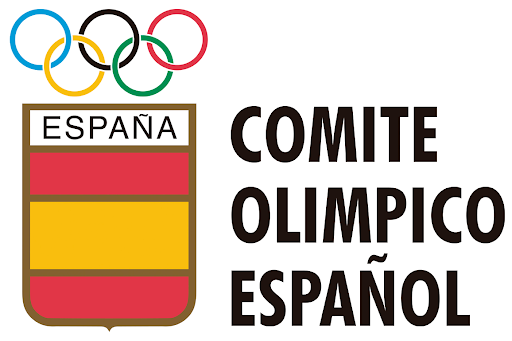Much of the credit for the initiative lay with the journalist, and pioneer of race-walking in Spain, Lluis Meléndez. The central focus of the venture was the Roman centurion Lucius Caecilius Optatus, a resident of Barcino who in the second century A.D. bequeathed 250 denarii for public games to be held each year.
The most striking feature is that Lluís Meléndez learned of this bequest in 1932 upon the discovery of a Roman tombstone built into the street corner of Carrer Arlet and Carrer Hèrcules.
As the text was in Latin, he turned to the services of the Director of the Barcelona History Museum, Agustí Duran i Sanpere, for a translation. The tombstone was later added to the collection of the Archaeological Museum located on the foothills of Montjuïc.

